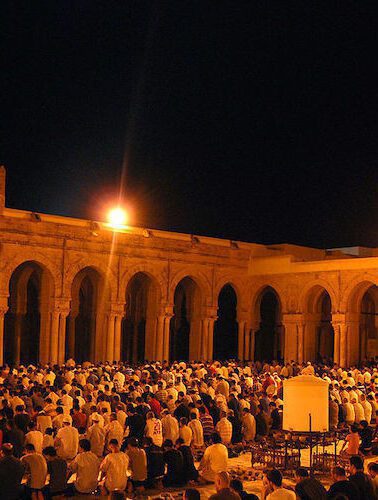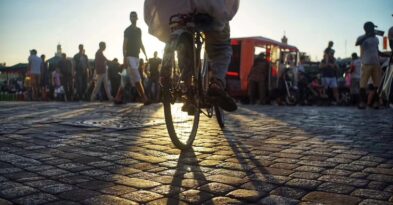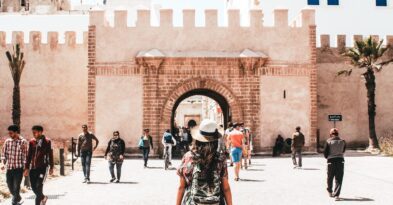Traveling in Morocco During Ramadan
When and what is Ramadan?
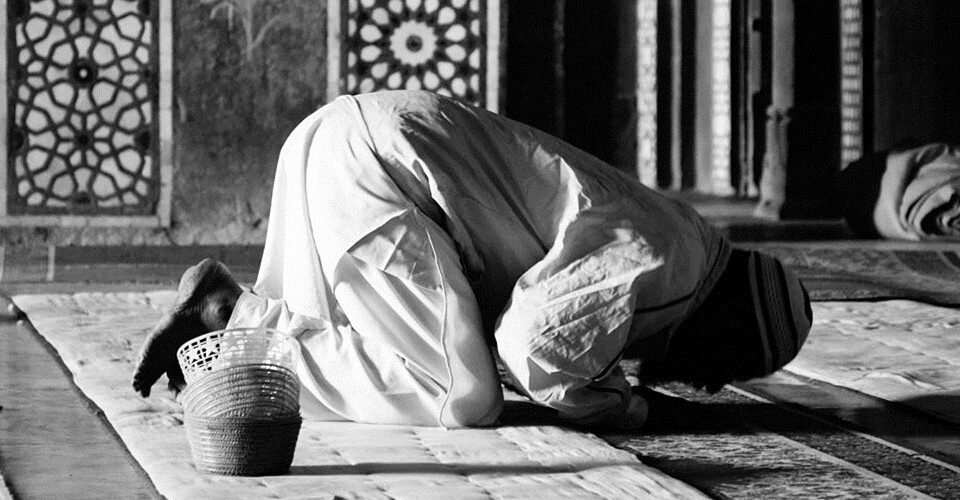

Ramadan, the ninth month of the Islamic lunar calendar, arrives approximately 10 days earlier each year compared to the Gregorian calendar. To stay updated on its exact dates, one can consult online resources or reach out to us directly here.
Ramadan holds profound religious significance as it commemorates the revelation of the Quran, the holy book of Islam, to Prophet Muhammad by Allah. This sacred event took place during the ninth month of the Islamic calendar while Muhammad was in Mecca, where the angel Gabriel revealed the verses of the Quran to him.
Ramadan is a fundamental pillar of Islam, alongside faith, the pilgrimage to Mecca (Hajj), daily prayers, and charity. During this holy month, Muslims worldwide observe a dawn-to-dusk fast, abstaining from food and water as a means of spiritual purification and self-discipline. The breaking of the fast at sunset, known as Iftar, marks the first meal of the day.
Children under 16 are generally exempt from fasting, but as they mature and gain a deeper understanding of their faith, they may choose to begin practicing Ramadan. Some parents encourage this by gradually introducing fasting for shorter durations.
Moreover, Ramadan encourages Muslims to abstain from unwholesome behaviors such as smoking, insulting, offending, and gossiping. It serves as a reminder of the hardships faced by those less fortunate, fostering an atmosphere of charity and compassion. This month is a time for both bodily and spiritual cleansing, emphasizing the importance of inner peace and harmony.
The month culminates in a joyous three-day festival called Eid Al-Fitr, which celebrates the completion of Ramadan and the triumph of resilience and spirituality.
Traveling during Ramadan
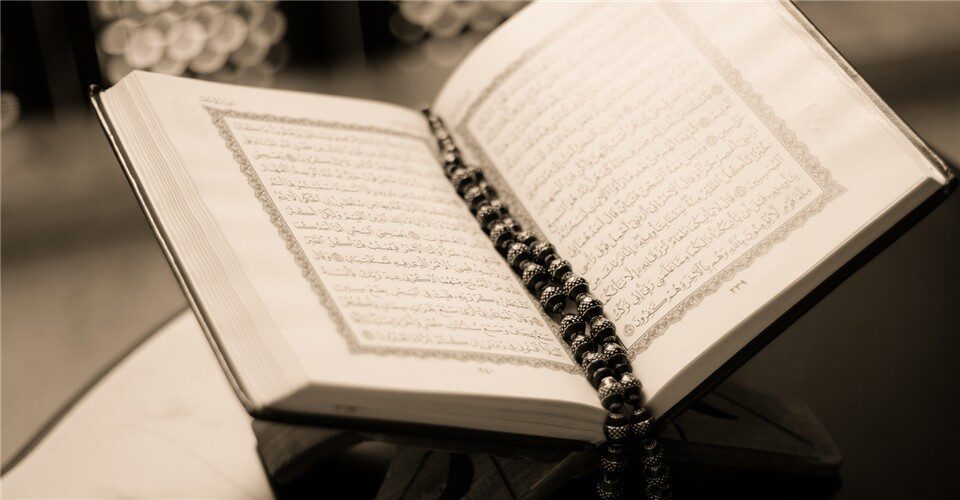

In Morocco, tourists continue to be warmly embraced and can savor the country’s captivating sites and monuments during Ramadan, albeit with a distinctive ambiance. As the sun rises and sets, daily life may appear more tranquil, with Moroccans embracing the fast and spending quality time with loved ones. However, as the evening prayers echo through the streets, the city comes alive with renewed energy and vitality.
Morocco’s rich cultural tapestry has been influenced by tourism and global interactions, ensuring that even during Ramadan, many aspects of daily life remain vibrant. Traveling during this month offers a deeply immersive experience, allowing visitors to gain firsthand insights into Islamic culture. However, careful planning is crucial to make the most of this unique journey. Fridays, being a day of special significance, often see closures of museums, shops, and attractions in major cities like Fes and Marrakesh, so it’s advisable to steer clear of these destinations on these days. During the rest of the week, visitors should be mindful of modified operating hours for attractions and shops, with many only opening in the afternoons.
As the afternoon draws to a close, the anticipation of breaking the fast fills the air. When the call to prayer resonates across the city, families converge in vibrant gardens or communal spaces to share their first meal of the day, often indulging in a delightful picnic-style affair. This initial meal, known as Iftar, typically commences with modest sips of milk, water, and light bites like biscuits or sweets, before giving way to a grand feast that showcases the culinary excellence of Moroccan cuisine.
Moreover, Moroccans are renowned for their warm hospitality, and it’s not uncommon for Muslim families to extend invitations to non-Muslim guests to share in their Iftar celebrations. This gesture not only fosters cross-cultural understanding but also deepens the bond between visitors and the local community.
What should I expect during Ramadan?
Muslims adhere strictly to the religious prohibition against alcohol consumption, making it challenging to purchase liquor in local supermarkets, which often halt sales a week prior to Ramadan. However, limited options are available in tourist-oriented restaurants and contemporary hotels.
Public transportation operates relatively unscathed by Ramadan’s influence, maintaining a somewhat regular schedule. Nonetheless, securing a taxi may prove more difficult during this period.
Ramadan is an exceptionally spiritual journey for Muslims, though it’s not uncommon to observe signs of fatigue among some Moroccans, as abstaining from water and food throughout the day poses a significant challenge.
As a traveler or foreign guest, fasting is not mandatory, but respecting the local culture is paramount. Refrain from openly consuming snacks or water on the streets, as doing so may offend those observing the fast. Instead, indulge in these activities discreetly and refrain from smoking in public spaces.
An invitation to Eid Al-Fitr represents a golden opportunity to immerse yourself in the heart of Ramadan celebrations. Nothing compares to experiencing the festivities within the warm embrace of a Moroccan family’s home.
While Ramadan may necessitate some adjustments to your travel plans, it undoubtedly guarantees a one-of-a-kind cultural experience that is deeply enriching and memorable. Contact us for more information!!

